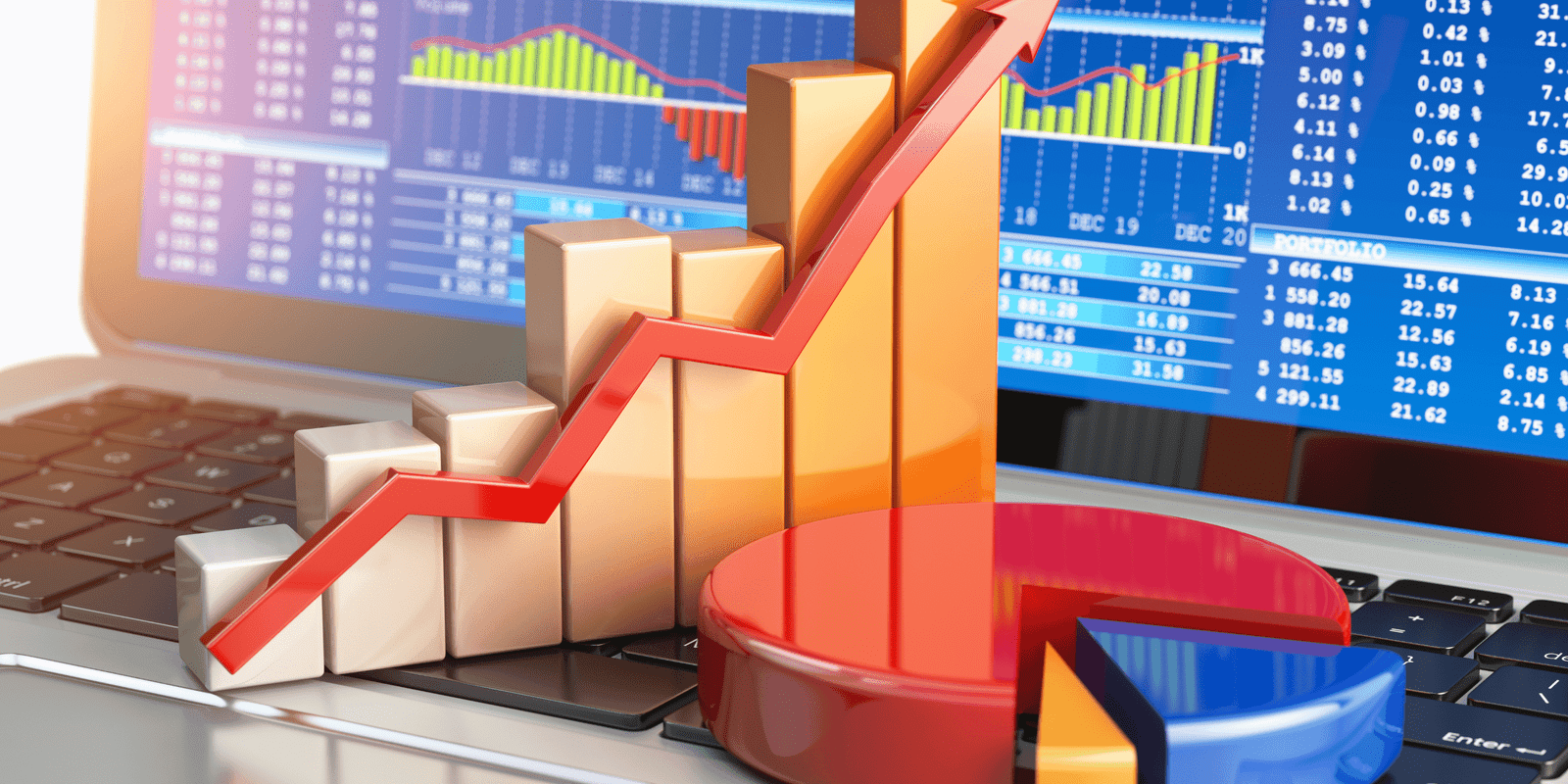1. AI-Powered Data Analysis
Every day, the stock market produces a vast amount of data, including news events, trade volumes, price fluctuations, and economic indicators.
The Role of AI: These datasets can be analysed at breakneck speed by AI-powered algorithms, which can then extract hitherto unachievable actionable insights.
Examples: By measuring public opinion about businesses or economic events, sentiment analysis of news items and social media can forecast market trends.
2. Algorithmic Trading
Algorithmic trading, sometimes referred to as algo-trading, is the practice of executing transactions according to preset criteria using AI algorithms.
Advantages:
Trades more quickly and effectively than human traders.
Reduces emotional biases because only data is used to make decisions.
Finds small pricing differences for arbitrage possibilities, increasing profitability.
As an illustration, High-frequency trading (HFT) uses AI to execute thousands of deals every second in order to profit from small price fluctuations.
3. Predictive Analytics
Machine learning (ML) and other AI models are skilled at forecasting outcomes based on past data.
Applications include forecasting stock prices based on past trends, trading patterns, and outside factors.
Recognising early indicators of market downturn or crashes.
Deep learning techniques, neural networks, and natural language processing (NLP) were the tools utilised.
4. Portfolio Management
By customising investment strategies, AI is revolutionising portfolio management.
Robo-Advisors: AI-powered systems provide individualised investing guidance according to a person's financial objectives, risk tolerance, and market circumstances.
Benefits include cost effectiveness, automated portfolio rebalancing, and accessibility for individual investors.
5. Risk Management
For investors, market volatility and uncertainty present serious dangers.
The role of AI is to identify possible hazards by examining market movements, economic data, and geopolitical events.
Reduces losses during market swings by sending out real-time information.
6. Fraud Detection and Security
The integrity and security of financial markets are improved by AI.
Applications:
Using anomaly detection algorithms to identify fraudulent activity and insider trading.
Utilising automated monitoring systems to guarantee adherence to regulatory norms.
Challenges and Ethical Considerations
Even though AI has greatly advanced society, there are still certain difficulties:
Over-Reliance on Technology: When unexpected occurrences occur, an over-reliance on AI can decrease human oversight and raise systemic risks.
Algorithm Bias: Inaccurate predictions can result from biases in poorly trained AI algorithms.
Market manipulation: Cutting-edge AI technologies may be used for immoral purposes, such as affecting stock prices.
Job displacement: Traditional positions in trading and investment analysis may become less in demand as AI develops.
The Road Ahead
The stock market's use of AI is still developing. Future advancements are probably going to concentrate on:
Quantum computing: Increasing the speed at which data can be analysed and predictions made.
Enhanced Personalisation: Providing extremely tailored investment plans.
Regulatory Frameworks: Guaranteeing the safe and moral application of AI in financial markets.
Unquestionably, artificial intelligence (AI) has changed the stock market by making trading easier, faster, and wiser. Despite ongoing difficulties, AI has unmatched potential to improve decision-making and reduce risks. The future of stock market operations will probably be defined by the cooperation of human competence and AI innovation as technology develops, guaranteeing a vibrant and effective financial ecosystem.
FAQs on the Role of AI in the Stock Market
1. What is the role of AI in the stock market?
AI is used in the stock market to analyze large datasets, predict market trends, automate trading, and enhance decision-making through algorithms and machine learning techniques.
2. How does AI improve stock market trading?
AI helps identify patterns, forecast price movements, and execute trades faster than humans. It minimizes emotional bias and ensures precision through data-driven strategies.
3. What are some common AI tools used in stock trading?
Tools include algorithmic trading platforms, predictive analytics software, sentiment analysis tools, and AI-based robo-advisors.
4. Can AI predict stock prices accurately?
While AI can analyze historical data and predict trends with a certain level of accuracy, the stock market's inherent volatility and unpredictable events limit perfect prediction.
5. Is AI only for institutional traders?
No, retail investors can also access AI-powered tools like trading bots, portfolio management apps, and analytics platforms designed for individual use.
6. What are the risks of using AI in the stock market?
Risks include over-reliance on algorithms, data inaccuracies, market manipulation, and failure to account for unforeseen economic or geopolitical events.
7. How does AI contribute to risk management in trading?
AI identifies potential risks by analyzing market data, economic indicators, and historical patterns, allowing traders to adjust strategies proactively.
8. Can AI replace human traders?
AI complements human traders by handling repetitive and data-intensive tasks. However, human judgment is still essential for interpreting broader market dynamics and making strategic decisions.
.svg)
.svg)

 For Instructor
For Instructor
